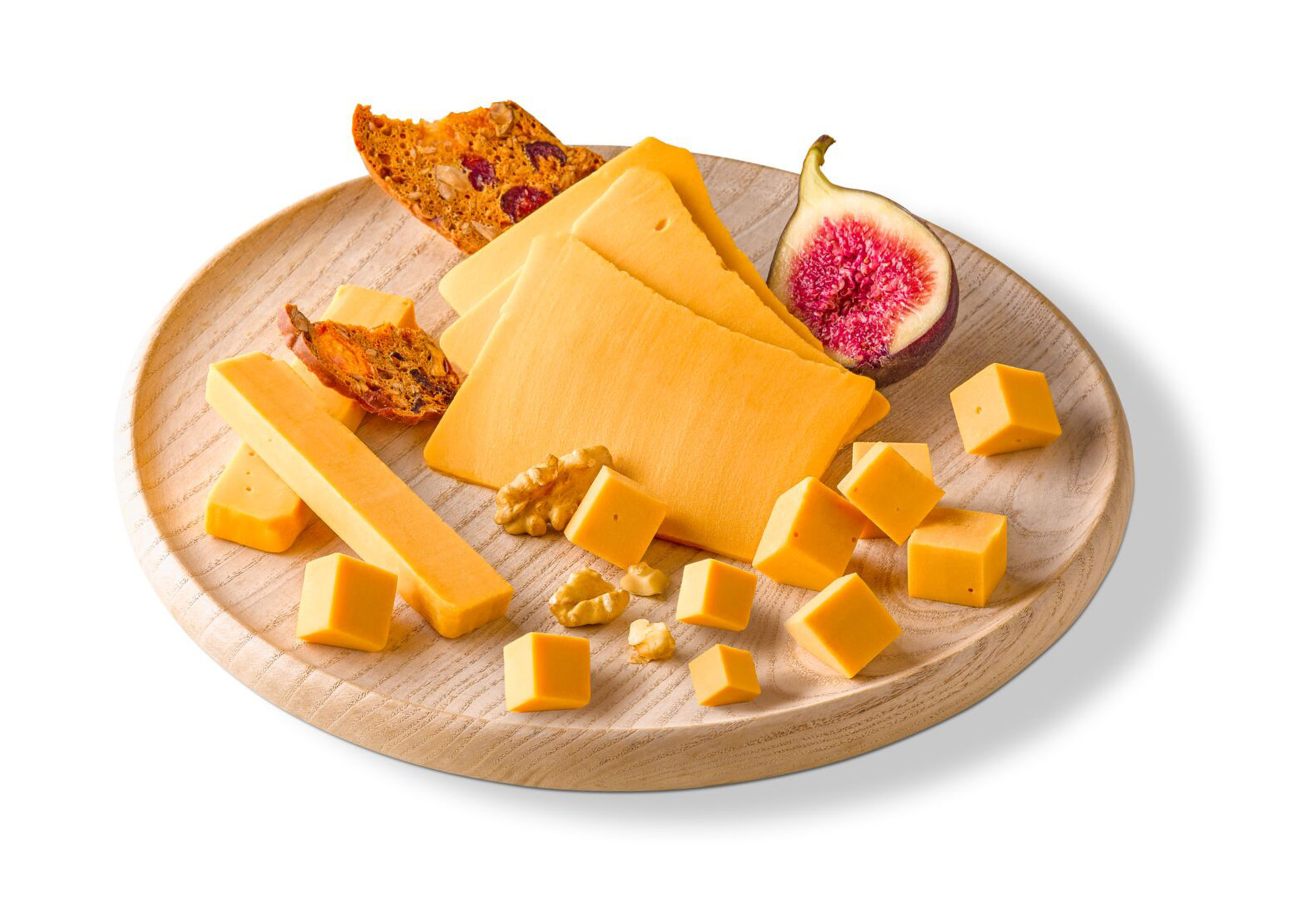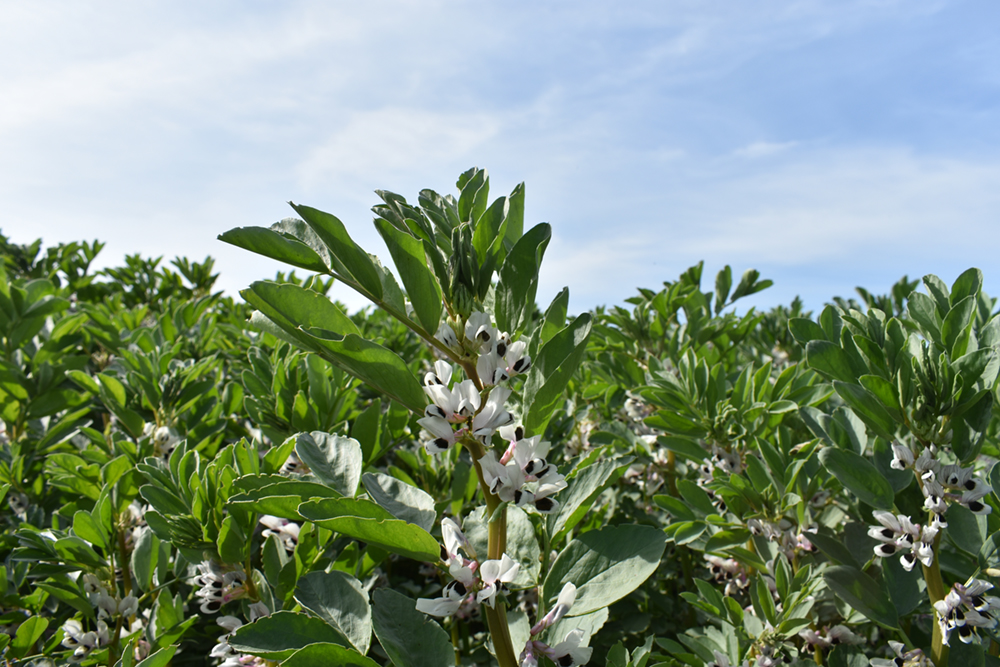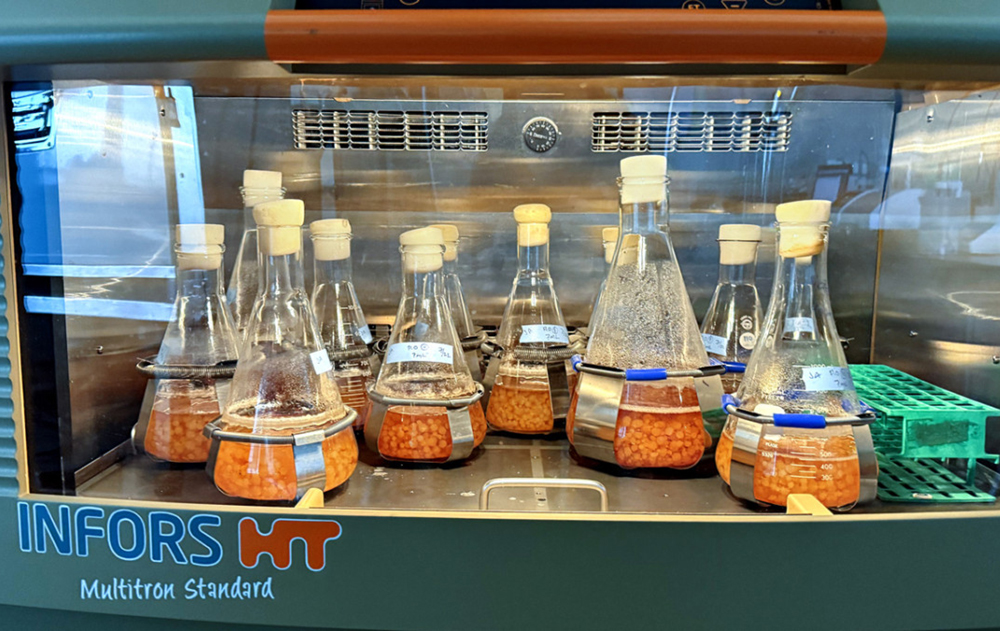

Planteneers raises the bar for plant-based cheese with new elastic, high-protein sliced range
Planteneers has announced a major technical breakthrough in plant-based cheese, unveiling a new stabilizing and protein system that enables manufacturers to produce sliced alternatives with the smooth, elastic texture associated with conventional cheese and a protein content of up to 8%. The company said the system, part of its fiildDairy CH series, directly addressed the two leading drivers behind consumer purchases in the category: enjoyment and health.
Launched from Hamburg in November, the development builds on years of consumer feedback that plant-based sliced cheese often falls short on texture and nutritional profile. Many existing products contain low levels of protein because adding plant proteins typically creates challenges in the manufacturing process. Proteins tend to disrupt texture, leaving slices sandy, brittle, or lacking in flexibility, while contributing plant off-notes and altering the color of the final product.
“The higher the protein component, the more complex the interplay of texture and flavor,” commented Dr Pia Meinlschmidt, Head of Product Management at Planteneers. “As soon as you add protein the structure becomes sandy and friable. The typical elasticity and flexibility are lost. In addition there is a plant off-taste that varies with the protein basis. Quite apart from that, adding protein sources usually shifts the color towards beige or brownish.”
Planteneers said its new functional system successfully overcame these issues, enabling a protein-rich formulation that still behaves like a familiar cheese slice. The company reported that the system delivered strong sensory and functional performance, including flexibility, a clean cut, and an appealing visual profile.
The announcement comes at a time when demand for plant-based cheese is continuing to grow steadily, particularly in sliced formats that serve everyday meal occasions such as sandwiches and snacking. For manufacturers, improving the category’s nutritional performance has become a priority as consumers increasingly compare plant-based cheese directly with dairy on protein content and overall composition.
Planteneers said the foundation of the new offering was a stabilizer system based on modified starches, which already enabled the creation of elastic sliced cheese alternatives without added protein. “This gives elastic slices that can be made in different flavor varieties like butter cheese, gouda, and stronger cheeses,” said Meinlschmidt. By combining this system with a tailored plant protein mix, customers could reach flexible protein levels up to 8%, depending on their product goals.
During early development, the team found that a blend of fava bean and wheat proteins delivered a particularly elastic texture and neutral flavor profile. Initial customer feedback on this version was positive, Planteneers said. However, gluten-free demand quickly became a central challenge. “Many customers don’t want to use gluten in their production,” said Meinlschmidt. In response, the company tested alternative protein combinations and ultimately created a gluten-free blend with functional and sensory performance comparable to the original wheat-containing version.
Planteneers said the resulting system enabled a broad product range, with flavor profiles from mild to sharp. Manufacturers can also incorporate inclusions such as fenugreek or peppercorns to differentiate products and create additional consumer appeal.
Alongside sliced cheese alternatives, the company also introduced a clean-label functional system for manufacturers developing plant-based cheese snacks, such as cubes or sticks. This formulation uses native starch and a mix of plant proteins, creating cheddar-style products containing up to 7% protein. These snacks, Planteneers said, respond to a key trend identified by Innova Market Insights for 2026: convenient, tasty, high-protein snacking options.
According to the company, the clean-label system offers an authentic cheddar flavor, firm bite, and creamy mouthfeel without declarable E-numbers, preservatives, or flavor enhancers. Planteneers positioned the development as a way for manufacturers to meet growing expectations around natural formulations while still delivering protein enrichment and familiar eating quality.
The announcement underscores Planteneers’ broader strategy to strengthen its portfolio for dairy alternatives, an area that continues to expand globally as consumers explore more varied plant-based food choices. The company, part of the Stern-Wywiol Gruppe, draws on the expertise of around 125 R&D specialists and the applications facilities at the Stern Technology Center in Ahrensburg. Its Plant Based Competence Center, established in 2019, serves as a hub for alternative protein product development, supporting customers across international markets through the group’s network of subsidiaries and representatives.
Planteneers’ latest systems are intended for manufacturers seeking to close the sensory and nutritional gap between plant-based and dairy cheese while responding to category trends around protein, clean label, and gluten-free formulations. The company said customer projects using the new technology were already underway.
If you have any questions or would like to get in touch with us, please email info@futureofproteinproduction.com

.png)






